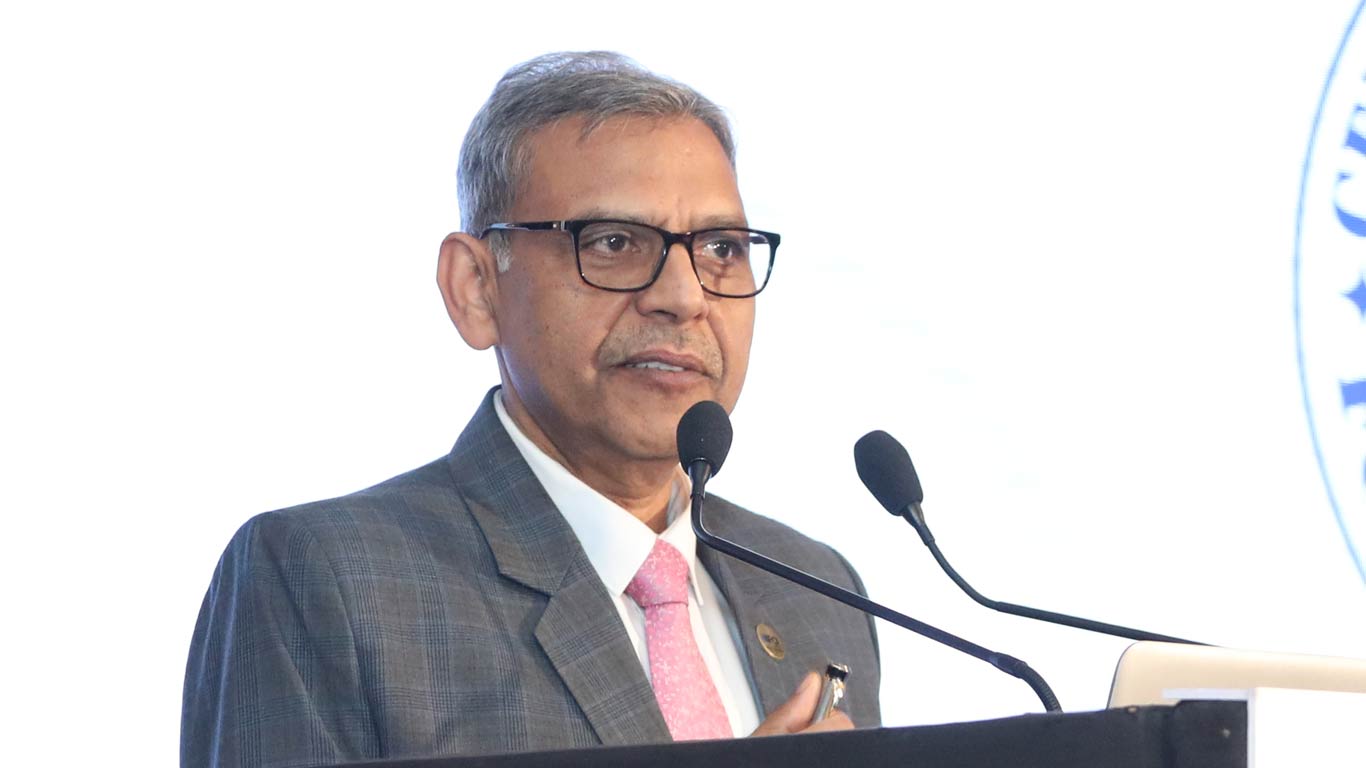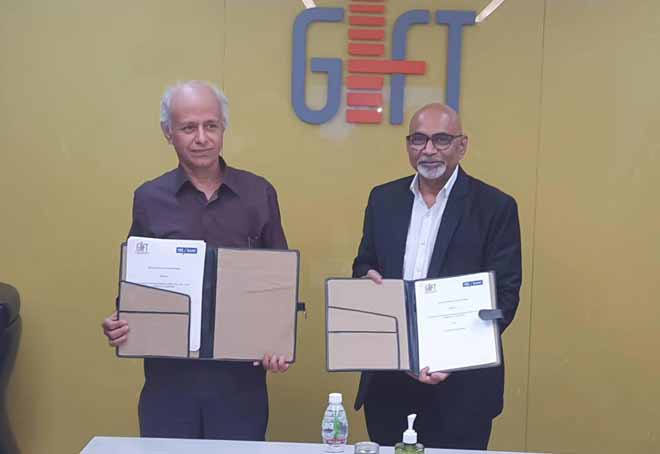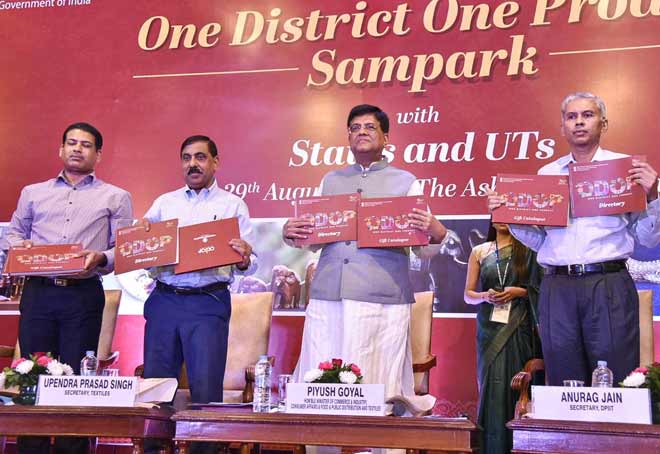The changing game of family business
Updated: Mar 30, 2016 06:55:57am

New Delhi, Mar 30 (KNN) One of the constant refrains we get to hear from heads of business families nowadays is that there is no 'fun' in the business anymore, or to put it more colloquially, 'Ab dhandhe mein pehle jaisa majja nahin raha'. These gentlemen, typically in their late 40's or 50's, talk nostalgically about the 'good old days' when there was easy money, fun, excitement, and a sense of adventure in doing business, which is just not there anymore. Now what do they mean when they say this? They are actually referring to all the problems they are facing in running their business, whether it is a 'recession', not getting good employees, or clients not paying up on time etc.
And what about the ‘good old days?’ Presumably, when there was ‘fun’ in the business, 10, 15 or 20 years ago, all these challenges wouldn’t have been there, right? But this was hardly the case.
Challenges were present even then - in fact, the challenges would have been much greater, because of less developed modes of manufacture, of communication and transport, more regulatory restrictions, and various curbs on imports and exports. But for these men, there was so much adrenalin flowing through the veins in those younger days, these difficulties would have been seen as hurdles to overcome rather than the insurmountable obstacles that they appear to be today. Today, even a small difficulty is enough to overwhelm them. Margins are going down and costs are going up, they say, and they feel like they’re being slowly crushed between the two, apart from myriad other problems like political instability, corruption, increasing competition, and cash-flow problems.
These are not isolated grumblings, moreover, but rather a feeling that is increasingly being felt, and expressed, in family managed businesses that are at least a generation old, across the length and breadth of India. So how did the mood go from excitement to helplessness?
To understand this, we must examine three key concepts: Personal life cycle, business life cycle and adaptation to change.
Personal Life cycle:
Things are different when you are young, carefree and have nothing to lose. However, when you are older, have the responsibilities of say, a family and children upon you, life is a different kettle of fish. The devil-may-care and risk-taking attitudes of youth are replaced by prudence and sticking to the tried and tested paths in middle age.
To cite an example, there was a businessman who aggressively promoted his products in his town, and saw business growing rapidly in his youth. He set out every morning on his bike, and met shopkeepers big and small as he tried to convince them to stock his product. He went to new places, and met new people everyday. While most of them chose not to do business with him, there were many who did, and he formed lasting friendships and solid business associations. As he got older, however, his stopped going out on his business trips, and appointed a salesman instead. His circle was now restricted to the people he already knew. Business stopped growing at the rapid pace it did earlier. Life settled into a monotonous routine. He began to get bored with his life and his business. But not once did he stop to think, that it was he himself that was the reason. He had stopped being as passionate or as hands-on about his work.
At 25, the excitement, enthusiasm and approach to difficulties is different then what they are when one is 50. At 25 with nothing to lose, the fear of failure is different than what it is at the age of 50.
Business life cycle:
Just as there is a personal life-cycle, there is also a business life-cycle. The business environment in India has undergone a sea-change over the past few decades. The 1980’s and 1990’s were a period when the market was opening up and a lot of family businesses were set up and achieved stability. Then came the years between 1995 and 2002, when the business world was at a low ebb. Almost all major projects were on hold. No IPOs were being announced, and there was no money in sight for new projects. Reputed real estate companies were in serious crisis of liquidity and solvency. The going was really tough and the common refrain was “Where did all the money go?” and “Aaj kal paisa ghoomta hi nahi hai”. It was at that time that the BSE index went below 3000.
Then the tide, as is its wont, turned again, and between 2002 and 2010, saw business boomed. Family businesses, particularly, grew at break-neck speed. People had more orders than they could fulfill, and made more money than they had ever dreamed of!
Of course, everything has its flip side. It was this boom period that unfortunately saw many businesses lose the fire that had forged them in the first place. Businessmen became complacent, they became used to counting money instead of looking for new opportunities. And when the good times came to an end, as all things must, the same people who had earlier boasted about snatching opportunity from the jaws of impossibility, were now bemoaning the ‘difficulty’ of doing business.
Though the difficulties of today are less challenging then they were in the 80s and 90s, yet the ability of businesses to face them has drastically changed.
Adaptation to change
Over the years business has changed and the rules of the game have changed. What has not changed is the mindset of the businesses who believe that what helped them to succeed in the past will continue to work even in the future.
Faced with the new dynamic and their own failure in grasping it, they still continue to make believe that they know everything. They are wishing that this new world is just a passing phase and time will turn back soon.
All this reminds one of an old fable about the character Miyan Khusroo, who was sitting by the roadside when one of his friends came along riding a horse. Miyan wanted to ride it too. The friend asked whether he knew how to ride a horse. Miyan emphatically said of course he did, what kind of a question was that, he had learnt it as a boy! But the horse was notorious for throwing people off, cautioned the friend. Miyan pooh-poohed this too, saying no horse could throw him off, he had been an expert horse-rider in his youth. So he got on, the horse reared up, and Miyan landed with a painful thud on the ground. The friend said, see, I told you this horse would throw you off. But Miyan was obstinate, he pointed to his foot, which was still stuck in the stirrup, ‘No, I am still on the horse, look at my foot!’
It is this same kind of obstinacy which affects some businessmen, too. Changing times and new challenges may have thrown them off their perches, but they think they are still firmly in the saddle. They think they know everything that is to know about their businesses, and there is nothing left for them to learn. Suggestions that they take some courses or attend workshops to get updated on current business trends and management practices are met with a dismissive, ‘those things are for kids! Why would I need or want to do something like that? I built this business! These so-called management gurus and professors need to learn from me!’ Certainly, but learning goes both ways.
It is not enough to keep dwelling on past achievements or glories. What you did 25 or 30 years ago may be remarkable, but if your business is not growing now, the responsibility lies with you, and not on any external factors. An essential prerequisite to keeping things fresh and exciting is to keep learning, experimenting and discovering new things. This is as true of life as it is of business.
We do business by choice. We take on challenges by choice. If complacency has set in, the challenge is to regain the entrepreneurial perspective, regain the spirit of confidence and the courage to do big things. And in a rapidly globalising economy, we need to have the conviction that we are no less than anyone else in the world.
We need to not only change with the times, but stay one step ahead of the times. That is the only key to success. There is no reason to get nervous with your work as long as you keep setting yourself new goals after you achieve old ones, or taking on new challenges that are more in line with the changing times.
You can’t teach an old dog new tricks, as they say, but then, you wouldn’t want an old dog running your business, would you?
“For the Indian Family Business, we are in the golden period. Opportunities were never so good, or so many. All that we need is to step forward and grab those opportunities.”
As of today Family Business accounts for more than 80% of the Economy. This sector comprising mostly of Micro, Small and Medium Enterprises has acquired even more importance in the context of Prime Minister Narendra Modi’s Make in India initiative.
Author: Prof Parimal Merchant











